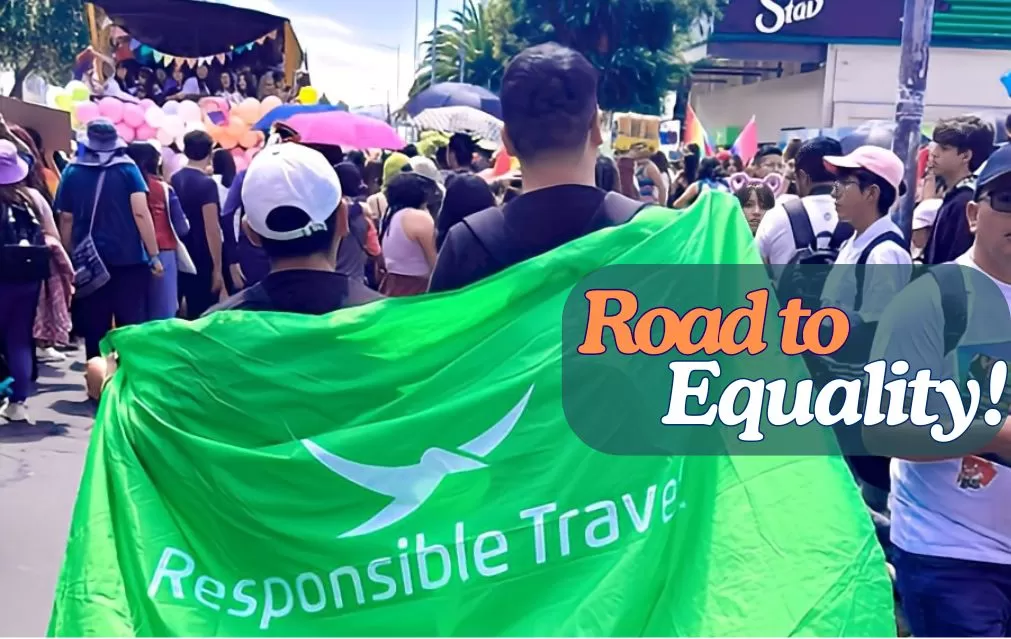An Introduction to the LGBT+ Struggle in Ecuador
Ecuador’s path to LGBT+ equality is one of resilience, courage, and love. Overcoming years of invisibility and repression, the LGBT+ community has made significant strides in legal and social rights. This blog honors their journey, from the early struggles of the 1990s to modern-day victories. It reflects not only on legislative changes but also on the personal stories of activists and citizens who have been instrumental in these advancements.
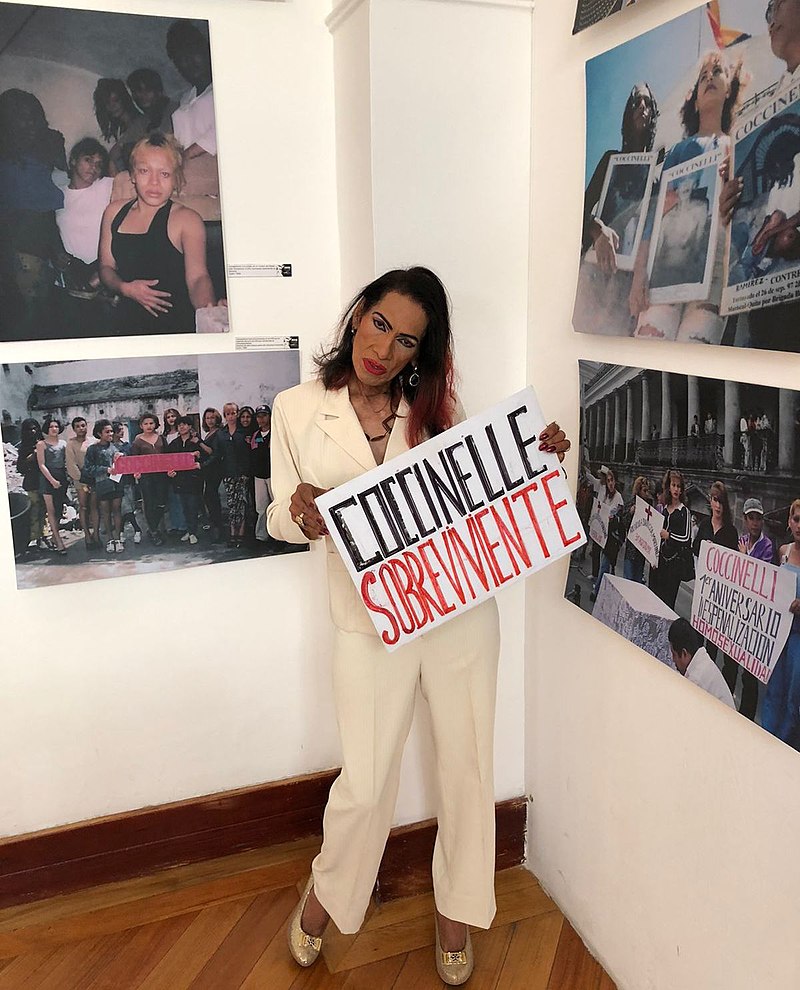
Association), held a march in Quito to demand the decriminalization of homosexuality.
Early Struggles of the LGBT+ Community in Ecuador
Pre-20th Century: The Hidden Years
Before the 20th century, Ecuador’s LGBT+ community faced extreme repression. Although the Penal Code of 1837 omitted penalties for homosexual relations, the government officially criminalized homosexuality by 1871.
20th Century: Naming the LGBT+ Community
In 1938, Ecuador broadened its laws, criminalizing both male and female same-sex relations. While repression continued, significant moments began to shift the narrative. One such event occurred in 1972 when Sandra Inés Ortiz, a transgender woman, underwent the first sex reassignment surgery in Ecuador, a landmark event that remained hidden for years.
For more insight into the global history of LGBT+ rights, you can explore Stonewall’s history.
1990s to Early 2000s: Legal Milestones and Public Visibility
By the 1990s, the LGBT+ community in Ecuador started fighting back against repressive laws. One of the pivotal moments occurred in 1997 when LGBT+ groups, including the Coccinelle Association, marched in Quito to demand the decriminalization of homosexuality. This was Ecuador’s first visible public demonstration by the LGBT+ community.
In 1998, Ecuador’s newly approved Constitution became a landmark in LGBT+ history. It was the first to prohibit discrimination based on sexual orientation, and the country saw its first official Pride march in Quito. Ecuador joined a growing number of nations recognizing LGBT+ rights, making strides that influenced other Latin American countries. More on this regional influence on OutRight Action International.
From Equal Marriage to Modern-Day Rights
Major Legal Wins (2008-2019)
The fight for equality didn’t stop at constitutional recognition. In 2019, Ecuador legalized same-sex marriage, a major win for the LGBT+ community after decades of activism. This ruling by the Constitutional Court marked Ecuador as a leader in LGBT+ rights in South America.
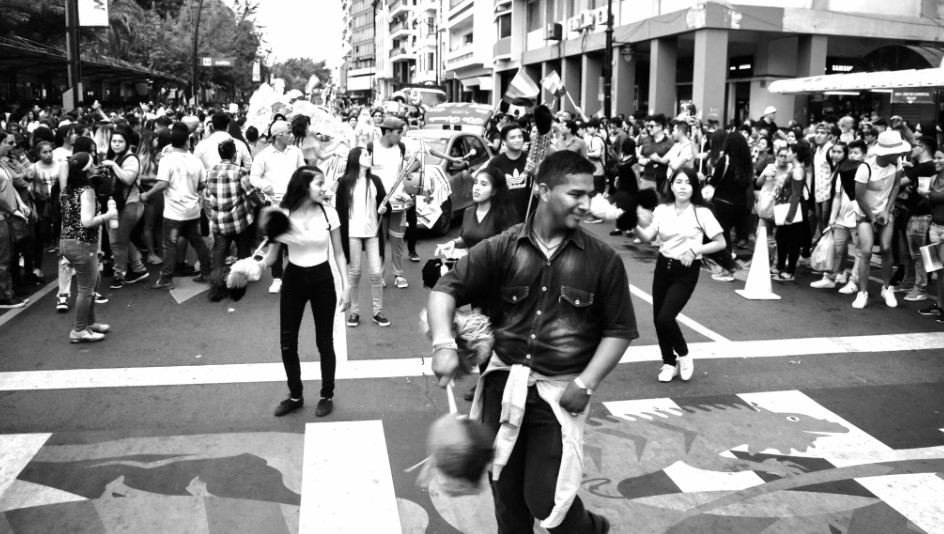
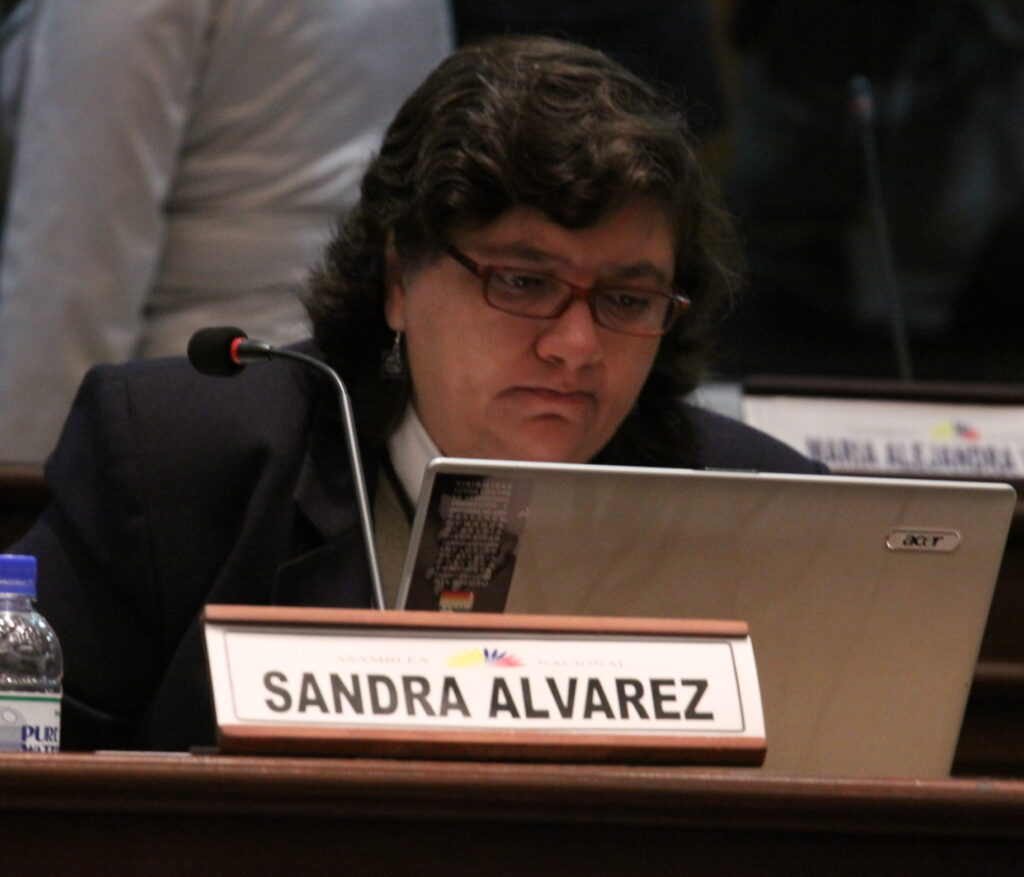
openly lesbian woman to achieve this position in the country. (2009)
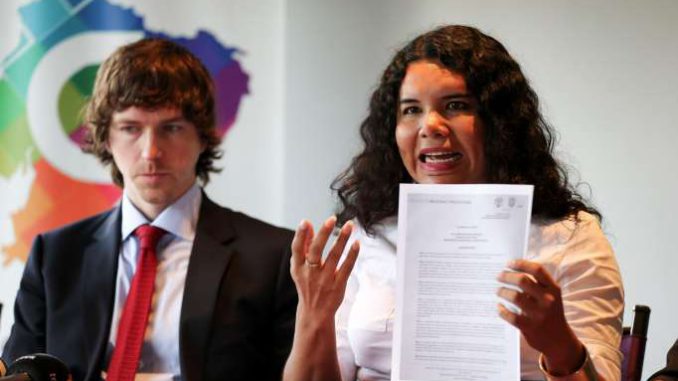
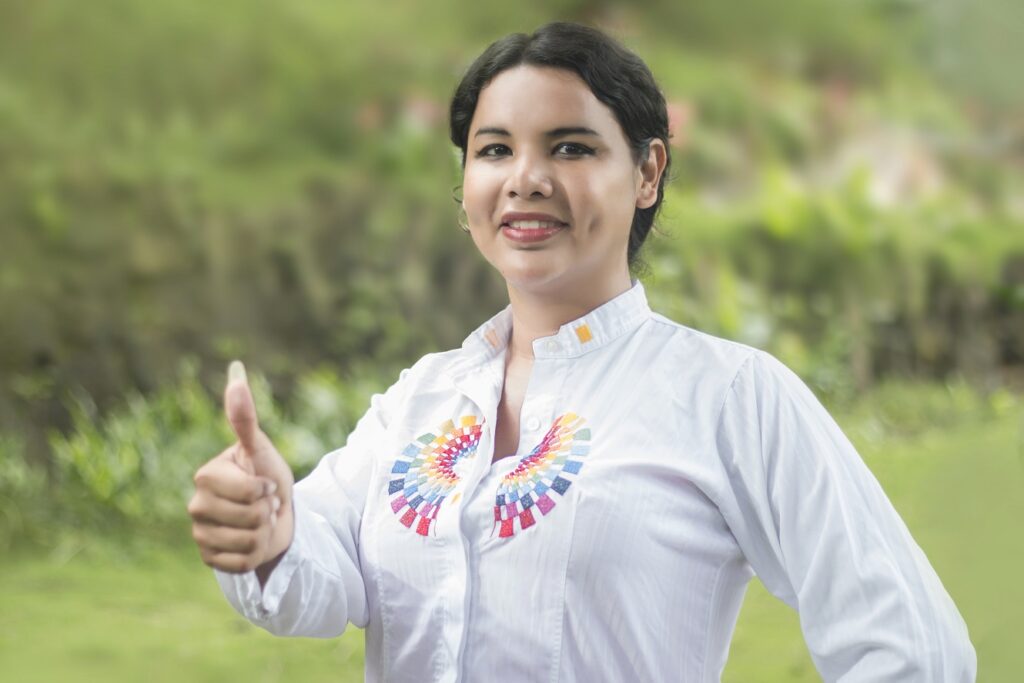
term, making her the first transgender person to achieve such dignity in the country. (2017)
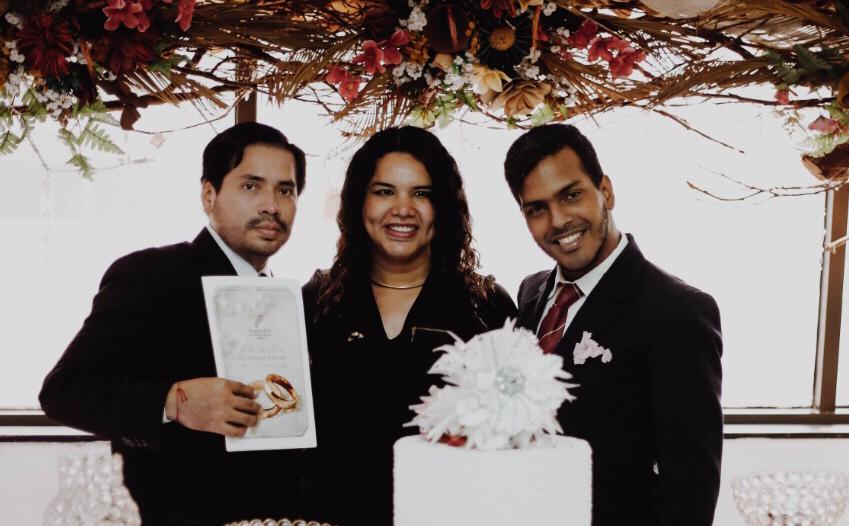
same-sex Marriage in Ecuador. (2019)
Social Achievements (2020-Present)
In recent years, Ecuador has continued to break new ground. The creation of the LGBT+ Chamber of Commerce in 2016 has provided critical support for LGBT+ businesses and job seekers. In 2024, Ecuador approved reforms making it easier for transgender individuals to change their gender on identity documents without excessive legal barriers.
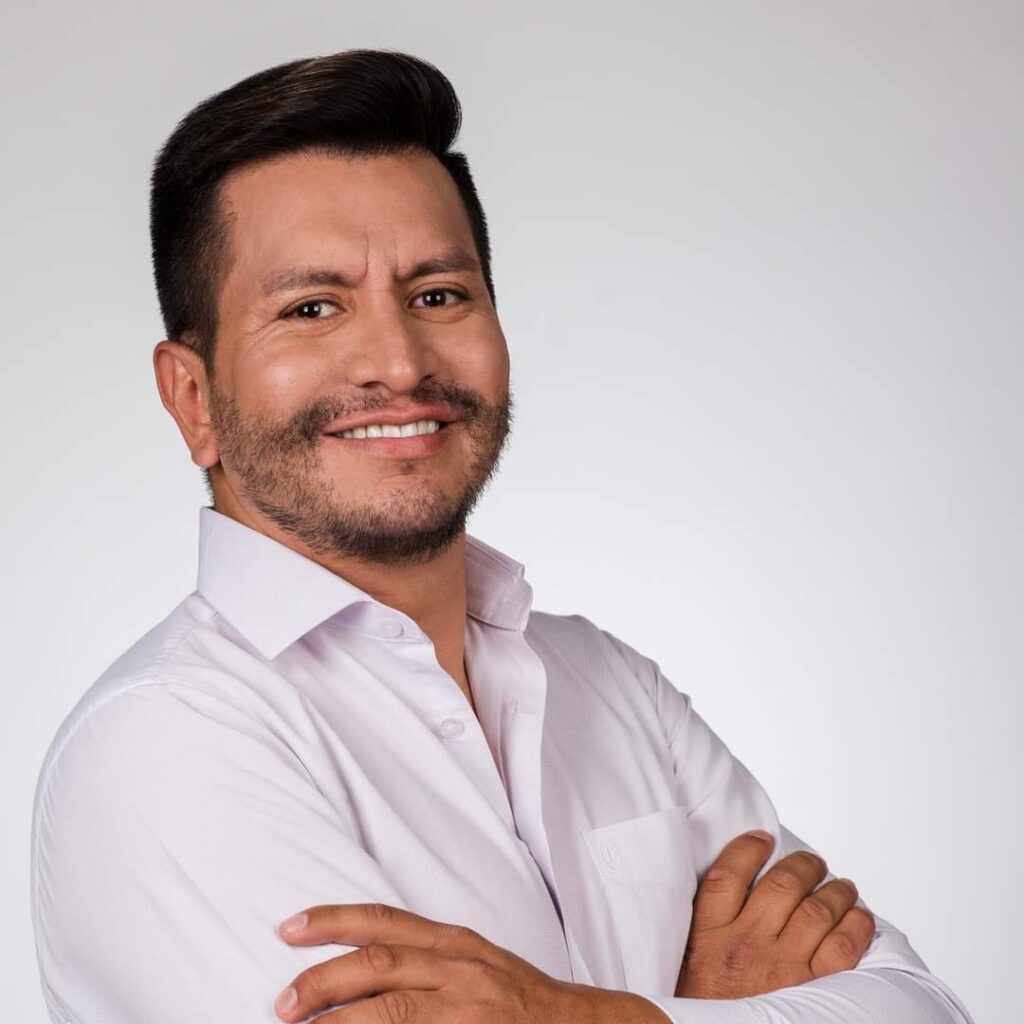
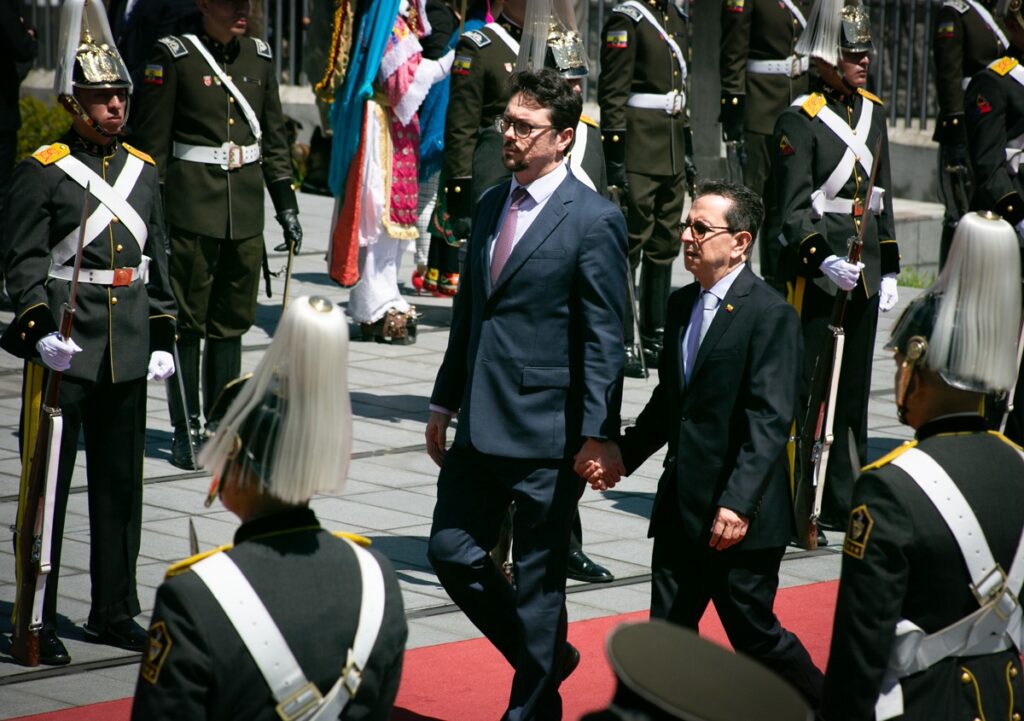
Looking Forward: The Future of LGBT+ Rights in Ecuador
The path to equality in Ecuador is ongoing. While legal victories are crucial, the daily battles faced by activists and the LGBT+ community continue. Ensuring that these hard-earned rights are protected and expanded is essential to maintaining progress. By visiting Ecuador and supporting its LGBT+ community, you contribute to a broader movement of change.
Recommendations for Visitors
When planning your trip, be sure to engage with Ecuador’s vibrant LGBT+ culture and community by supporting local businesses and attending events like Pride celebrations. For more resources, Equaldex provides detailed insights into LGBT+ rights across the globe.

